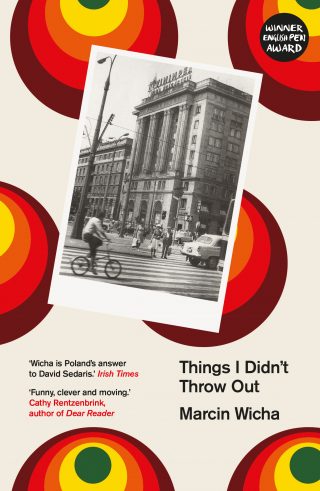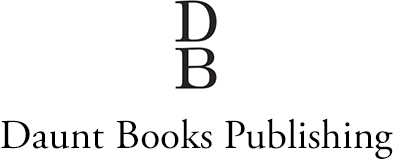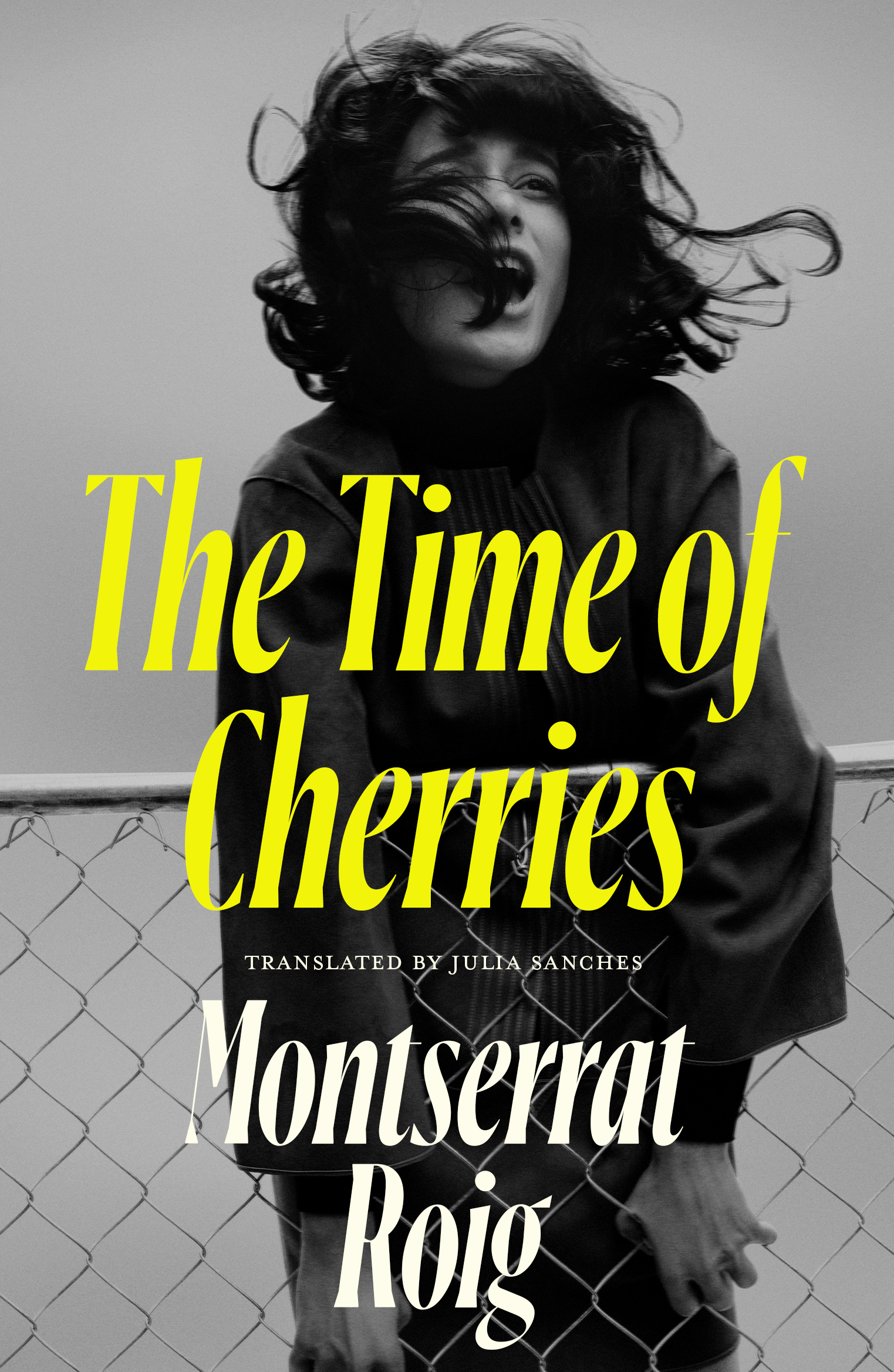
WINNER OF THE 2022 TA FIRST TRANSLATION PRIZE
WINNER OF AN ENGLISH PEN AWARD
I was complaining about some dull educational programme on Polskie Radio, and my mother said: ‘Not everything in life can be turned into a funny story.’ I knew it was true. But still I tried.
An intimate, unconventional and very funny memoir about everything we leave behind
Lamps, penknives, paperbacks, mechanical pencils, inflatable headrests. Marcin Wicha’s mother Joanna was a collector of everyday objects. When she dies and leaves her apartment intact, Wicha is left to sort through her things. Through them, he begins to construct an image of Joanna as a Jewish woman, a mother, and a citizen. As Poland emerged from the Second World War into the material meanness of the Communist regime, shortages of every kind shaped its people in deep and profound ways. What they chose to buy, keep – and, arguably, hoard – tells the story of contemporary Poland.
Joanna’s Jewishness, her devotion to work, her formidable temperament, her weakness for consumer goods, all accumulate into an unforgettable portrait of a woman and, ultimately, her country.
‘Vivid and sharply written . . . the book shows how objects are often where memories reside. It also expresses . . . the impossible human effort to end up with an adequate inventory of what was lost.’ Hisham Matar
‘Wicha is Poland’s answer to David Sedaris, devastatingly funny about the minutiae of family life and the foibles of the elders.’ Irish Times
‘As much a portrait of a country as of a woman, it’s a relatable book, moving but not mawkish, with a strong vein of humour.’ The Herald
‘I loved it; so funny, clever and moving. So impressively unsentimental. And, of course, I adored all the bits about books and the precise, unflinching portrait of Joanna.’ Cathy Rentzenbrink
‘Funny and tender.’ Monocle
‘Short, wry essays that reanimate an extraordinary woman.’ Saga
‘A book about making sense of history, both the personal and political.’ The Arts Desk
‘Profound and extremely funny.’ The Big Issue

